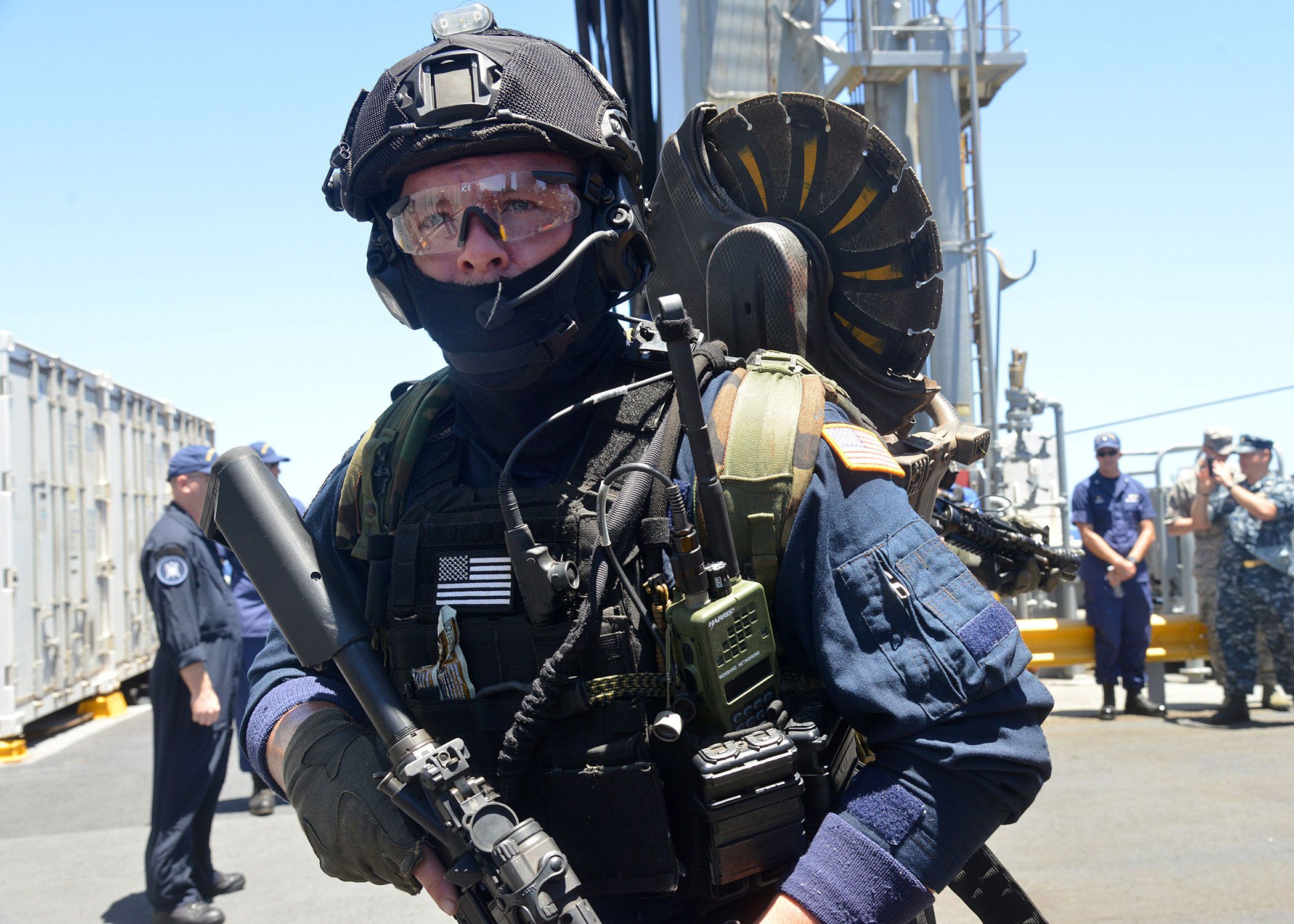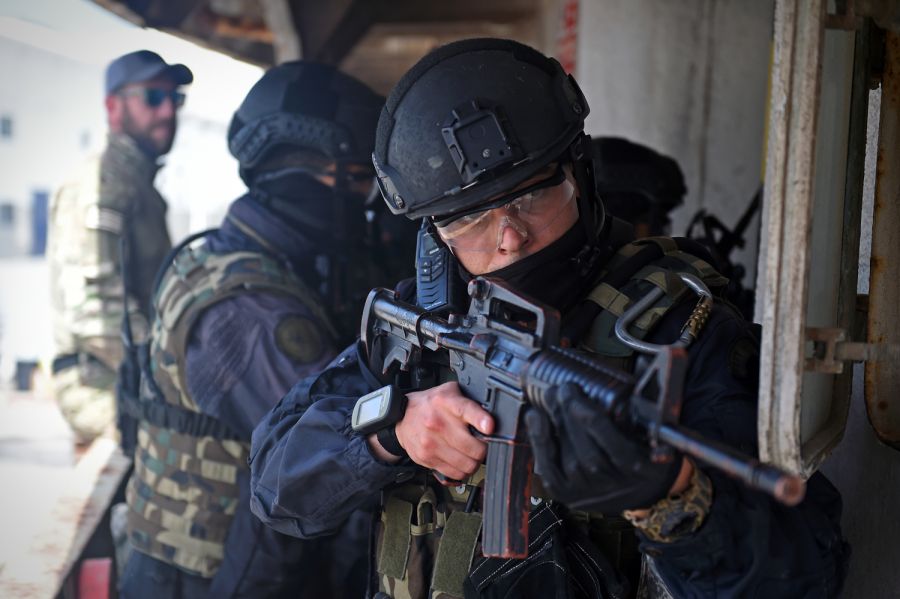Maritime Enforcement Specialists are a group of professionals with a solid background in law enforcement and security duties expertise and skills.
If you want to become a professional in maritime enforcement, see these tips to learn!

Coast Guard’s Maritime Enforcement Specialist
The Maritime Enforcement Specialist (ME) rating of the Coast Guard was developed in 2010 to build a workforce that prioritizes the service’s law-enforcement role.
For too long, boat coxswains, bridge watchmen, mechanics, and other professionals considered the Coast Guard’s central law-enforcement role to be a collateral task.
Without the terrorist events on September 11, 2001, which reorganized the missions of the agency, the idea of law enforcement duties as a sub-specialty may have continued.
The subsequent establishment of maritime safety and protection teams and a new focus on safety and law enforcement competence gave rise to the impetus to finally develop a marine law enforcement (MLE) rating.
About U.S. Coast Guard
The United States Coast Guard (USCG) is a division among the United States Armed Forces and seven uniformed services.
The Coast Guard is a nautical, military agency with a variety of missions that is distinct from the other American military branches in that it has a mandate to enforce maritime law (with jurisdiction in domestic and international waters) and a federal regulatory agency mission as part of its mission set.
During times of peace, it functions under the Department of Homeland Security. In times of war, the President or Congress may transfer it to the Department of the Navy.
Purpose of Education & Training
The School of Maritime Enforcement Specialists intends to prepare trained Coast Guard personnel to provide protection and law enforcement support for U.S. Coast Guard missions.
This includes leadership, physical health, communications, security, rate training and administration, safety, tactical operations, maritime law enforcement, port readiness, familiarization, and quality weapons.
To accomplish this, an integrated approach to training was created by the FLETC and USCG. All weapons training is conducted by FLETC personnel, and all other activities at the Maritime Law Enforcement Academy by the USCG staff.
Training
With 10 weeks of concentrated specialized training at M.E. ‘A” School in Charleston, SC, which provides an introduction to the M.E. rating force, you will begin your career.
You will learn how to implement security and law enforcement assistance for Coast Guard missions at M.E. ‘A’ School, including Leadership, Physical Health, Communication, Safety, Rate Training, and Administration, Security, Maritime Law Enforcement, Tactical Operations, Port Readiness, Familiarization and Certification of Weapons, Ports, Waterways and Coastal Security, Anti Terrorism and Force Protection.
To be eligible, you must be eligible for a SECRET clearance, have normal color vision, and have no domestic violence convictions or restraining orders that forbid you from lawfully carrying weapons.
You must also comply with the Coast Guard Weight and Body Fat Standards and pass the Boat Crew Physical Fitness test.
Other General Requirements
Here are some of the general requirements you need to pass.
- You’ve got to be a U.S. citizen or a Resident Alien.
- Be between 17-32 (full-time) for active duty or 17-40 (part-time) for reserve.
- Have a diploma from high school (GEDs approved with a waiver).
- Don’t have more than 3 dependents.
- The Armed Forces Vocational Aptitude Battery (ASVAB) test has a ranking of 36 or higher. We will use the score if you have taken the test at your college or with another branch. Your recruiter will arrange the test date at MEPS if you have not taken the test or would like to boost your ranking.
- Qualify medically during the medical test for military entry. Your recruiter will have the MEPS exam planned.
- Pass a background check from the police. You can not have on your record pending court proceedings or criminal crimes. As the Coast Guard is a federal law enforcement agency, you must be legally licensed to own a weapon to be qualified for employment.
Average Salary & Benefits
The entry-level salary for a maritime enforcement specialist is $1,733.10 – $4,383.30 per month. Other added benefits include health insurance, a flexible schedule, parental leave, relocation assistance, and professional development assistance.
You could also benefit from tuition reimbursement, a retirement plan, a signing bonus, paid time off, dental insurance, and vision insurance.

Conclusion
If you want to become a maritime enforcement specialist, start the training with the Coast Guard. Once done, you can directly apply in the department or even have an option to check out available jobs online.
Also read – Discover these Unknown Military Jobs












